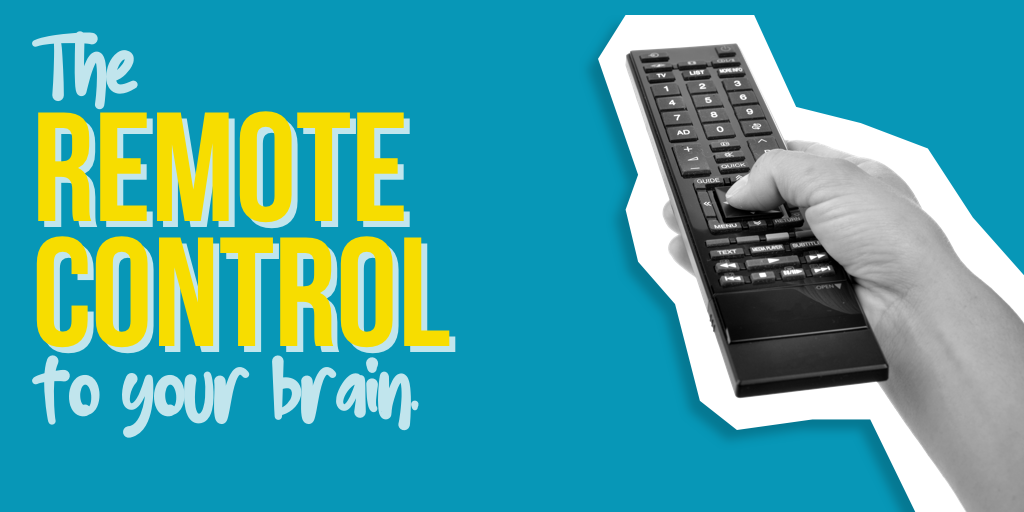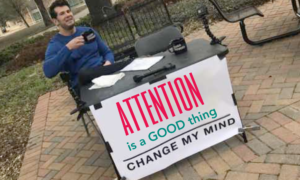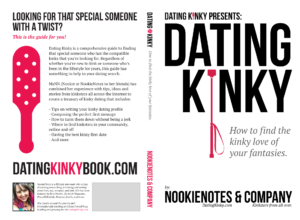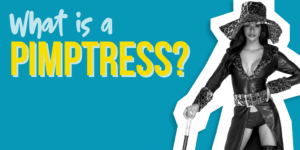I wrote last week about how perception changes how we experience reality.
A lot of people got it.
A few didn’t. They wanted to discuss what is actually real, and how dumb it is to wish away the bad stuff. 🙄
Some people wanted more details on the subject.
OK! smiles
Let me start with something silly:
That’s Weird Al, singing about cable TV, circa 1985.
You hold a remote control to your brain. An ability to change the channel on your TV. To determine what you look for and focus on.
This channel changer is a direct link to your RAS or Reticular Activating System.
Your RAS, much like a cable box, is responsible for your wakefulness, your ability to focus, your fight-flight response, and how you ultimately perceive the world. It works MOSTLY outside of your personal control.
However, because our brains are awesome, we can guide and control them to a certain extent.
Let’s try a few things:
- Pick a color, any color, like red or blue, then look around you and suddenly things that are that color will jump out at you.
- Look over this writing, and find words that have “a” in them. Suddenly the letter a will seem prominent.
- Think about the past week, and things that annoyed you. Your brain will sort through your archives for you and start handing you some juicy memories—most of which probably aren’t even worth remembering, but since you focused there, you get to look them over.
That’s an example of how we can shift our perception in small ways very quickly.
We get more of what we focus on.
For good or ill.
Because our helpful little RAS makes sure of it. Just like the tele control does.
So, how is this useful in situations beyond finding a color or a letter or pretty much useless memories?
Well, it’s a great exercise to use your RAS to change your focus on a specific topic, to see another side, or perceive it differently.
Here is a list of eight emotions from Robert Plutchik:
- Fear → feeling of being afraid , frightened, scared.
- Anger → feeling angry. A stronger word for anger is rage.
- Sadness → feeling sad. Other words are sorrow, grief (a stronger feeling, for example when someone has died).
- Joy → feeling happy. Other words are happiness, gladness.
- Disgust → feeling something is wrong or nasty. Strong disapproval.
- Surprise → being unprepared for something.
- Trust → a positive emotion; admiration is stronger; acceptance is weaker.
- Anticipation → in the sense of looking forward positively to something which is going to happen. Expectation is more neutral.
There are many others, in my view, but eight is a good number for this exercise.
Now, let’s take a situation. It can be any situation that you’re currently thinking about. I’m going to use a situation in which my partner is late coming home from a night out with friends.
Let’s apply each of these emotions to how we think about that.
Fear: Oh shit. He’s hurt. Maybe he got in an accident. I’m going to get a call from the hospital at any time.
Anger: Dammit. He’s late again. His lack of respect is the last straw. Who does he think he is, to never treat me like I deserve to be treated?
Sadness: He doesn’t want to come home. It’s way more fun to be elsewhere. He’s probably wishing he could leave me. It’ll happen soon.
Joy: It makes me smile to think of him having so much fun that he loses track of time. I can’t wait to hear about it when he gets home.
Disgust: What a pathetic human. He can’t get anything right, even getting here on time. I don’t know why I bother with someone like that, who can’t get his shit together.
Surprise: He’s almost never late. Wow. I can’t wait to find out what happened. So weird.
Trust: Because he’s an amazing person, and he’s also a considerate human, I’m sure he’s late for a good reason.
Anticipation: When he does get home, I’m going to ask for cuddles and sexy times, and that will be amazing!
Now, NONE of these change what is actually happening with my partner or why he is late.
Not a single one.
They simply change my experience of the lateness right now.
There is a saying: Worry means you are suffering twice.
Using my brain’s remote control to change the channel (in this case) could mean not worrying at all (because there is nothing to worry about), or only worrying when I know that my partner was actually in an accident, or whatever.
And frankly, trying on the different experiences or emotions allows me to choose what feels better for me in the moment, and to deal with any potential positive or negative results when they happen.
It’s not a lot.
I mean, so I spend an hour feeling joy that he’s enjoying himself with friends, instead of being pissed at him. So what?
Well, that means a lot to me.
And over time, a few minutes here, and hour there, and so on, they add up. And create an overall less stressful and more positive life for me.
And this whole strategy of looking at any situation (especially potentially negative situations) from a series of different channel pays off, giving me a wider range of experience to draw from, and a better overall life experience.
It’s habitual for me now, to look at as many different ways of thinking about things as I can think of, and when I’m in a real pickle, I stop and consciously work through some different pathways of thought to choose a “best option.”
What are your thoughts?
Do you do this for yourself? What “channels” do you try when you’re clicking through your responses to life?
If not, do you think this could be a useful tool for you to try out?









